Table of Contents
Introduction to Sesame Seeds
Sesame seeds are small, oil-rich seeds from the sesame plant (Sesamum indicum). They have been cultivated for over 5,000 years and are a staple ingredient in global cuisines. Known for their nutty flavor and versatility, sesame seeds are used in both savory and sweet dishes, and they offer significant nutritional benefits.
Types of Sesame Seeds
There are several varieties of sesame seeds, each with its own unique characteristics:
- White Sesame Seeds: The most common type, these are often used in Asian cuisine, especially in sushi and stir-fries.
- Black Sesame Seeds: Known for their stronger, more intense flavor, black sesame seeds are popular in Middle Eastern and Chinese dishes.
- Golden Sesame Seeds: These have a milder taste and are often used in baked goods and desserts.
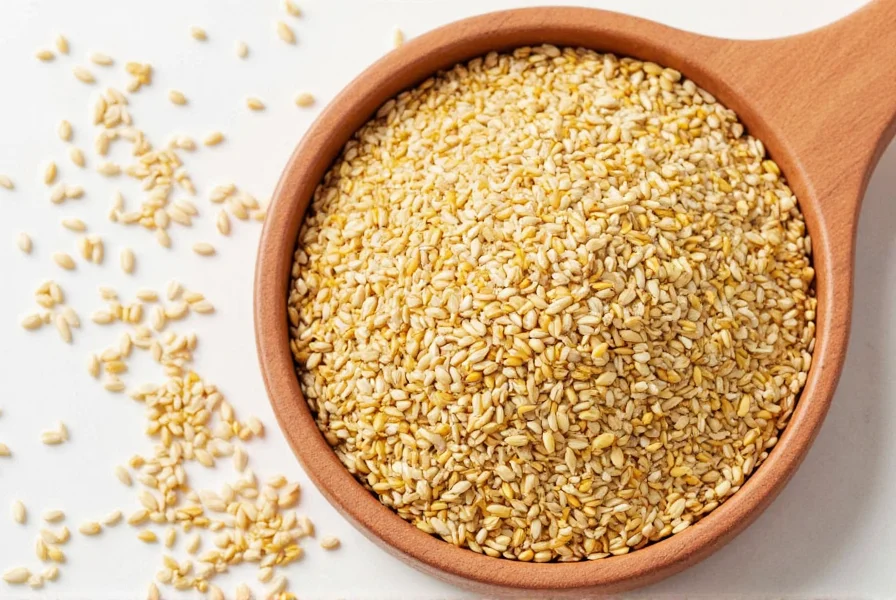
While white and black sesame seeds are the most widely recognized, golden ones are becoming more popular in Western recipes. Each type brings something different to the table—literally and figuratively.
Common Uses in Cooking
Sesame seeds are incredibly versatile. Here are some of the most common ways they're used:
- Garnish: Sprinkle them on top of bread, rice, or salads for a crunchy texture and nutty flavor.
- Paste: Sesame paste (like tahini) is a key ingredient in hummus, dressings, and sauces.
- Baking: Add them to cookies, cakes, and breads for extra crunch and flavor.
- Cooking: Use them in stir-fries, soups, and even meat dishes to enhance the overall taste.
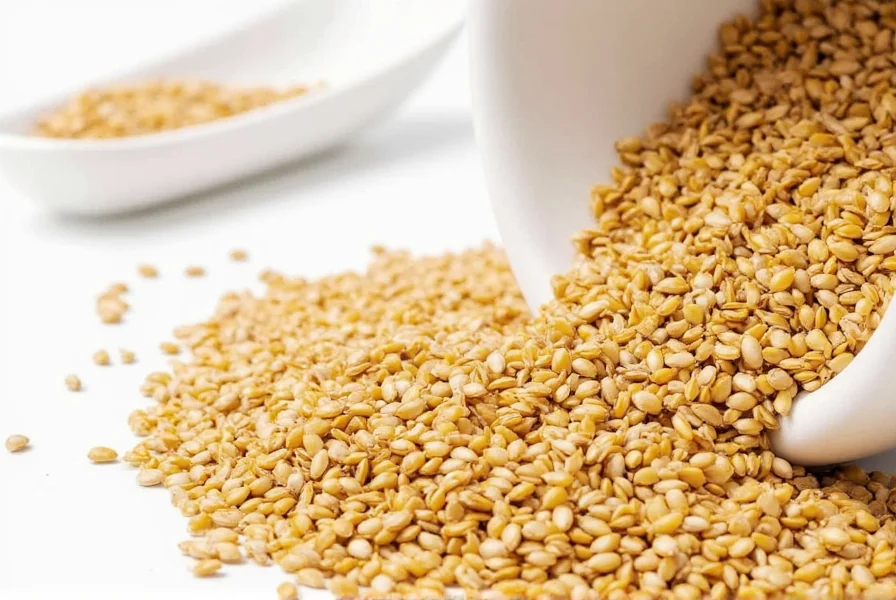
One of the most iconic uses of sesame seeds is in gomasio, a Japanese seasoning made by mixing toasted sesame seeds with sea salt. It's a great way to add umami and texture to your meals.
Nutritional Benefits
Beyond their delicious flavor, sesame seeds offer a range of health benefits. They're packed with essential nutrients like:
- Healthy Fats: Rich in monounsaturated and polyunsaturated fats, which are good for heart health.
- Vitamins and Minerals: High in calcium, iron, magnesium, and B vitamins.
- Antioxidants: Help protect the body against oxidative stress.
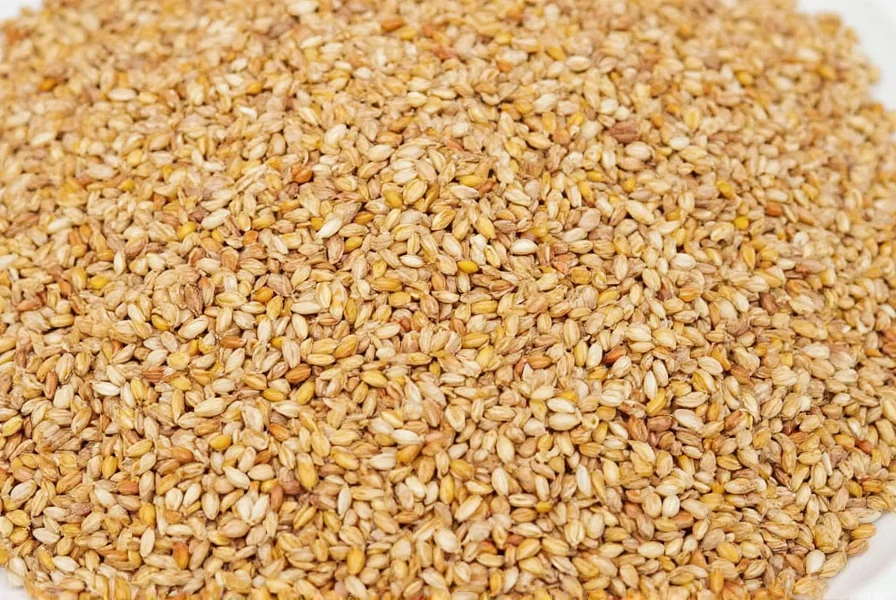
These tiny seeds also contain lignans, which may help reduce inflammation and support hormonal balance. So, not only do they make your food taste better, but they can also be beneficial for your overall well-being.
Buying Guide for Sesame Seeds
If you're looking to buy sesame seeds, here are some tips to ensure you get the best quality:
Features and Advantages
Sesame seeds are easy to find in most grocery stores, but choosing the right product can make a big difference. Look for seeds that are:
- Fresh: Choose packages with clear expiration dates and no signs of rancidity.
- Whole or Ground: Whole seeds are great for sprinkling, while ground seeds work well in pastes and batters.
- Organic Option: If possible, go for organic sesame seeds to avoid pesticides and other chemicals.
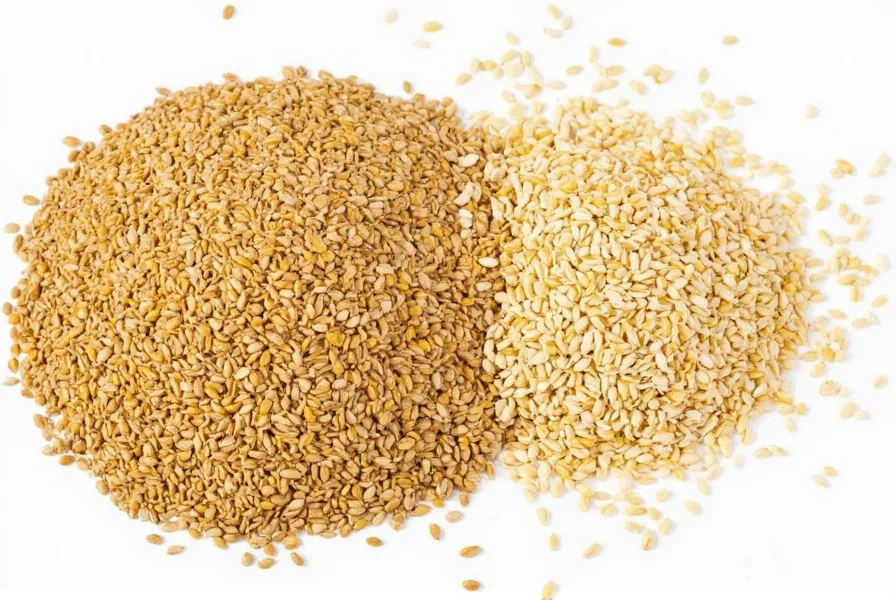
Use Cases and Target Audience
Sesame seeds are ideal for:
- Chefs and Home Cooks: Great for adding depth to any dish.
- Health Enthusiasts: Perfect for those looking to boost their nutrient intake.
- Bakers: Can be used in a variety of baked goods for extra flavor and texture.
Suitable Occasions
Whether you're preparing a casual meal at home, hosting a dinner party, or just looking for a healthy snack, sesame seeds fit the bill. They're also perfect for holiday baking, international cuisine, and everyday cooking.
Practical Tips for Using Sesame Seeds
Here are a few handy tips to help you make the most of your sesame seeds:
- Toasting: Toasting sesame seeds before use enhances their flavor. You can do this in a dry pan or in the oven.
- Storage: Keep sesame seeds in an airtight container in a cool, dark place to maintain freshness.
- Pairing: Sesame seeds pair well with soy sauce, garlic, ginger, and citrus. Try them in dressings, marinades, or glazes.
- Variety: Don't be afraid to experiment with different types—white, black, or golden—to find your favorite.
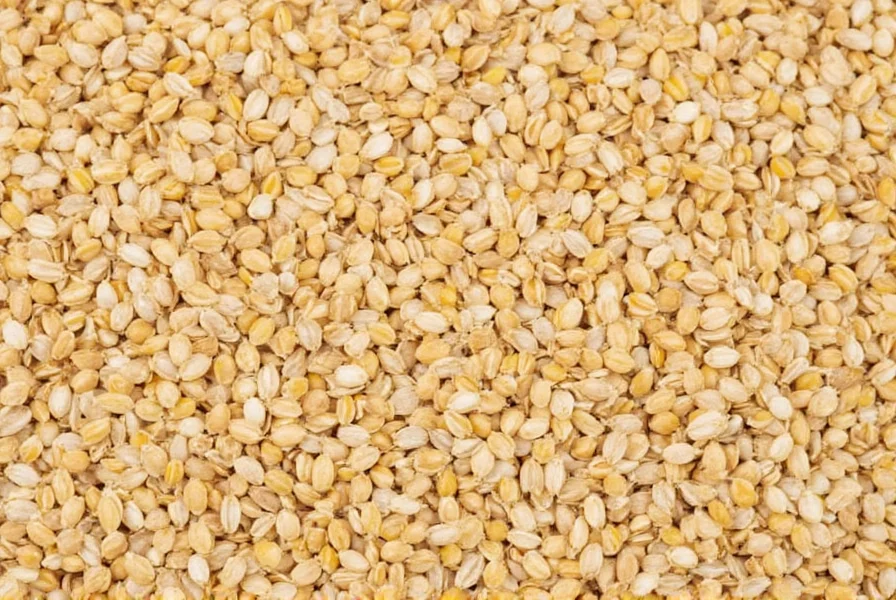
Frequently Asked Questions
What is a sesame seed?
Sesame seeds are small, oil-rich seeds from the sesame plant (Sesamum indicum). They have been cultivated for over 5,000 years and are used globally in cooking and traditional medicine. Despite their tiny size, they provide significant nutritional benefits including healthy fats, vitamins, minerals, and antioxidants.
Are sesame seeds healthy?
Yes, sesame seeds offer numerous health benefits. They're rich in monounsaturated and polyunsaturated fats that support heart health, high in calcium, iron, magnesium, and B vitamins, and contain antioxidants and lignans that help protect against oxidative stress and may reduce inflammation.
How should I store sesame seeds?
Store sesame seeds in an airtight container in a cool, dark place to maintain freshness. Due to their high oil content, they can become rancid if exposed to heat, light, or air for extended periods. For longer storage, consider keeping them in the refrigerator or freezer.
What's the difference between white and black sesame seeds?
White sesame seeds are the most common variety, with a mild nutty flavor often used in Asian cuisine. Black sesame seeds have a stronger, more intense flavor and are popular in Middle Eastern and Chinese dishes. Golden sesame seeds offer a milder taste and are frequently used in baked goods and desserts.
Can I eat sesame seeds raw?
Yes, you can eat sesame seeds raw, but toasting them enhances their nutty flavor and aroma. Toasting can be done in a dry pan over medium heat for 2-3 minutes until golden brown, or in the oven at 350°F (175°C) for about 5-8 minutes.
Are sesame seeds a common allergen?
Yes, sesame seeds are considered a major food allergen in many countries, including the United States. Sesame allergy can cause reactions ranging from mild to severe, so those with known allergies should avoid sesame products. Food labeling regulations now require sesame to be clearly identified on packaged foods.
Conclusion
In summary, sesame seeds are a versatile, nutrient-dense ingredient with a rich history. From ancient civilizations to modern kitchens, these tiny seeds continue to enhance dishes worldwide with their unique flavor and health benefits. Whether you're a chef or home cook, sesame seeds offer endless possibilities for elevating your culinary creations.
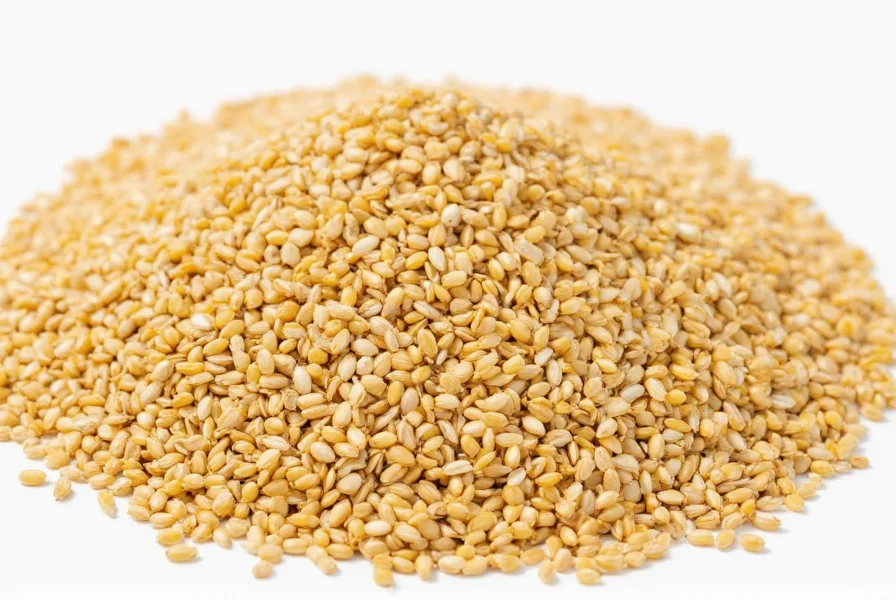

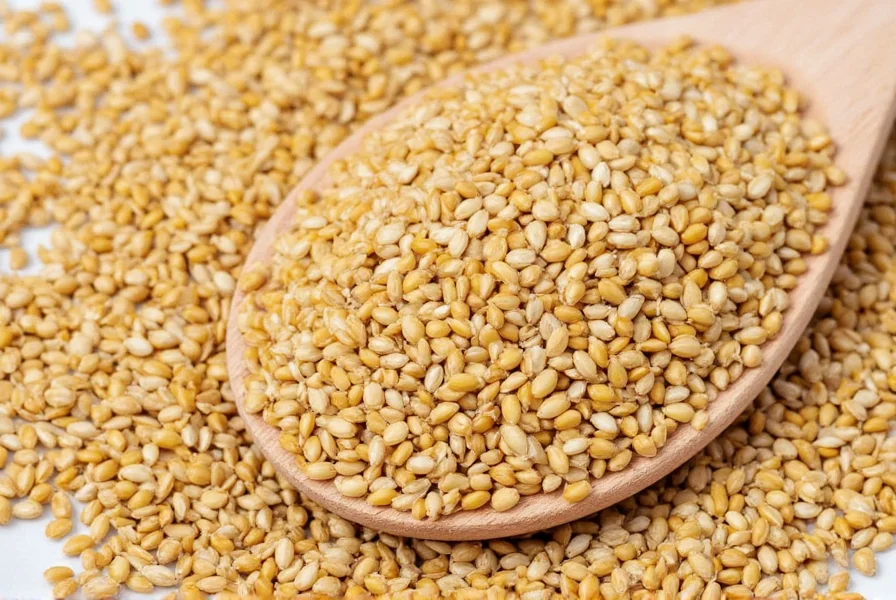









 浙公网安备
33010002000092号
浙公网安备
33010002000092号 浙B2-20120091-4
浙B2-20120091-4